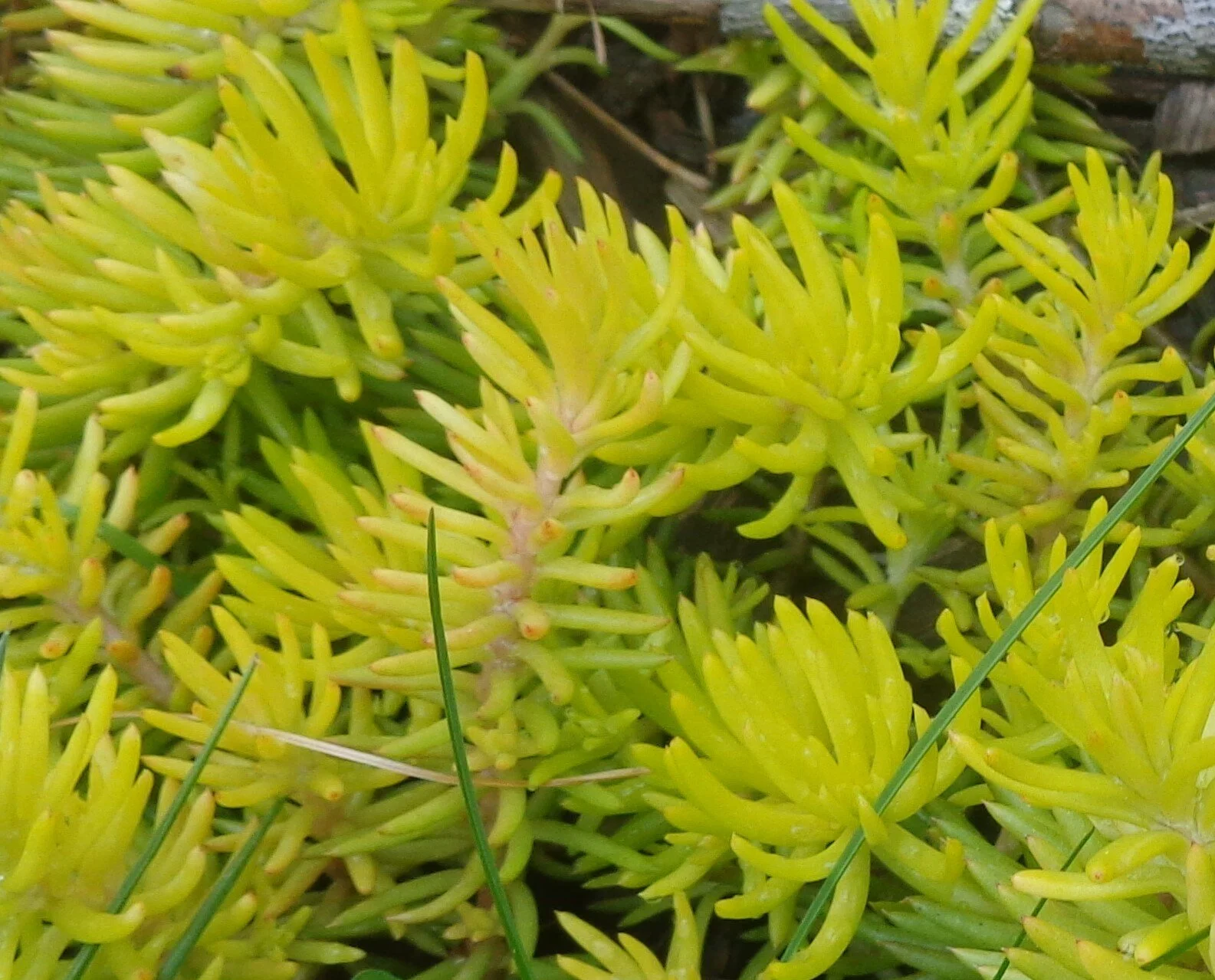Lemon Balm (Melissa officinalis)
Lemon Balm (Melissa officinalis)
Type: Herbaceous Perennial
Flower Structure: Nearly inconspicuous to the human eye, but quite nectar-rich for bees
Bloom Period: Summer
Bloom Color: White to Whitish-yellow or pink
Pollinators: Bees
Habit: Clumping (3 feet tall by 3 to 4 feet wide)
Light: Full Sun to Partial Shade
Hardiness: Zone 3 through Zone 7
Ships: Bare Root, Large
Ship Dates: Spring shipping begins mid-April, Autumn shipments start in mid-October
Lemon Balm is a mint family plant whose leaves release the scent (and flavor) which graces it’s name, but which is also often planted to support bee populations, especially honey bees. The latter is especially unsurprising, considering that this balm originates from the same part of the world as the honey bee.
Lemon Balm features gently wrinkled, ovate bright green leaves that can give off slight hues of yellow in the bright sunlight. The foliage display is especially beautiful from spring emergence through the early summer. After mid-summer, some pruning (perhaps for teas, or to include the delicious leaves in salads, soups or sauces, as well as for use in potpouri’s) helps to keep the plant in a rounded, upright shape and in tip top display.
Pruning of spent flowers from mid-summer will also encourage more blooming, which will reward the bees, whom will in turn reward us all. Leaves some spent flowers on later in the season if you would like to encourage self-sowing, which Lemon Balm does in a mild manner.
Care:
Lemon Balm is very hardy throughout most climates of the upper half of the United States. It will do best in part shade in places that can see summer days in the upper 90’s, but in cooler summer regions, the best production comes in full sun.
Lemon Balm can benefit from some mulching in the autumn, though like most mint family plants, it is not particularly needy in this regard unless you are in the lower limits of it’s cold tolerance.
Melissa officinalis differs from some mint family plants in that it prefers medium to dry soils. It’s very tolerant of poor soil, as well, and isn’t particular to clay or sandy soils.
For the most part, Lemon Balm is low care, and on the farm we pay it little attention outside of admiration most of the year. Pruning is just about the sole need this perennial herb has. Once mature, twice pruning it in the summer should keep your balm in it’s most beautiful state. One that you and your area bees will enjoy.







